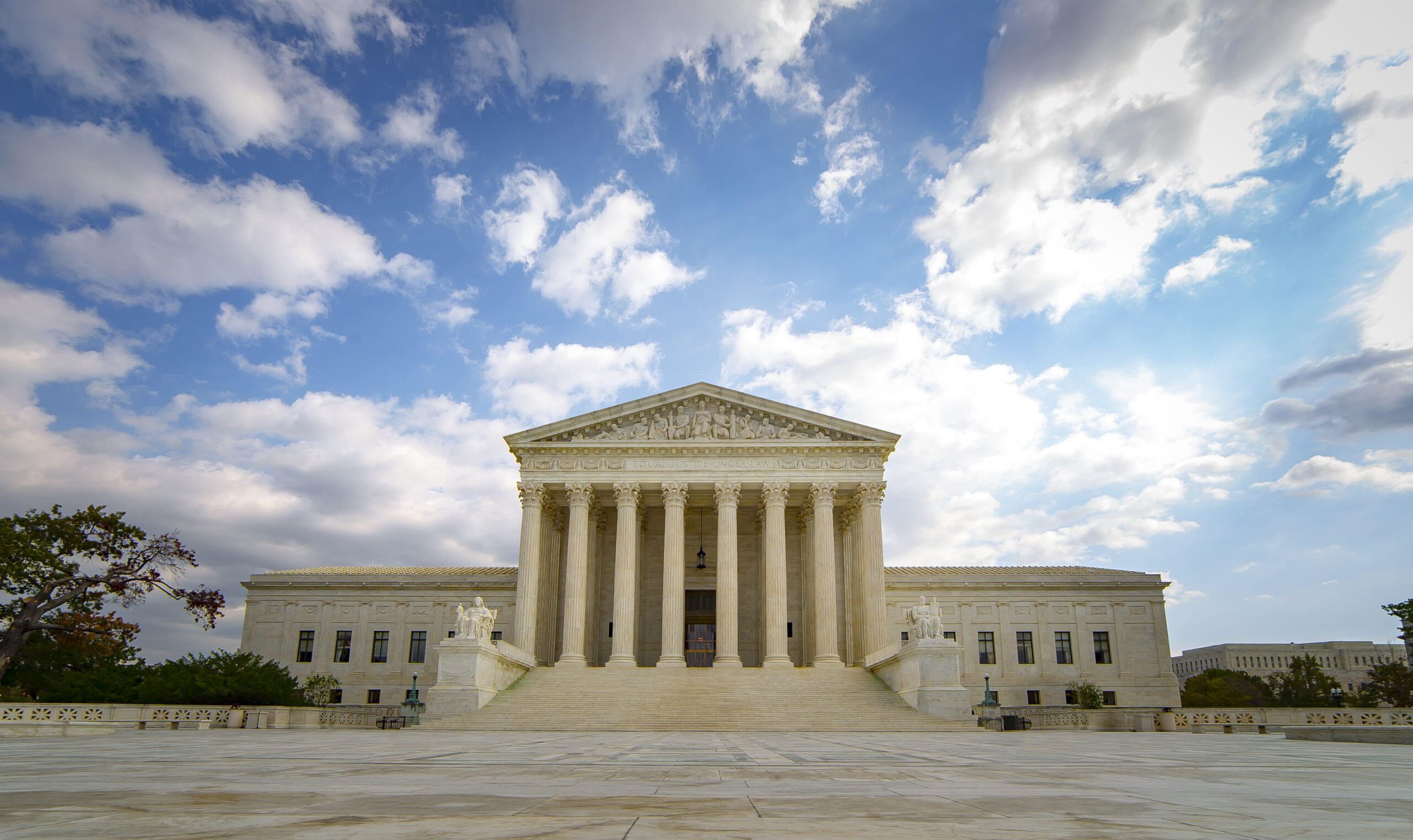Last week, the Supreme Court heard oral argument in California v. Texas. In this case, it is possible the Supreme Court could rule that a portion of the Affordable Care Act (ACA) is unconstitutional and strike down the entire law.
Predicting the outcome of Supreme Court cases based on oral argument is a risky proposition. Nevertheless, it appeared at least three Justices (Breyer, Sotomayor, and Kagan) are skeptical the ACA’s individual mandate is now unconstitutional. And at least two Justices (Roberts and Kavanaugh) appeared skeptical the entire ACA should be struck down even if a majority of the Court concludes the individual mandate is unconstitutional. If these five Justices combine forces in this manner, the ACA will continue to be the law of the land.
The ACA individual mandate required uninsured who didn’t purchase health insurance to pay a “shared-responsibility” payment. Congress reduced the payment to $0 as of January 1, 2019. A number of states and individuals claim the individual mandate is unconstitutional because it is no longer tax.
In NFIB v. Sebelius (2012), five Supreme Court Justices agreed that the “individual mandate could be read in conjunction with the shared responsibility payment” as “a legitimate exercise of Congress’ taxing power.” Challengers argue that if the individual mandate is unconstitutional it cannot be severed from the rest of the ACA, rendering the entire law unconstitutional.
Many Justices all over the ideological spectrum asked questions about standing. Given the significant number of questions asked on the topic, it is possible at least five Justices may conclude that neither the states nor the individual challengers have standing to bring this lawsuit, in which case the ACA will remain intact. The parties defending the ACA claim individuals aren’t harmed because if they don’t buy health insurance they aren’t penalized. They argue states’ allegations of harm are too speculative.
Regarding the argument that the individual mandate is unconstitutional now that the shared responsibility payment is zero, Justice Sotomayor echoed the arguments of the parties defending the ACA that Congress could have repealed the ACA but didn’t. So, she reasoned, the individual mandate was a choice and not a command before and after Congress made the shared responsibility payment $0. Similarly, Justice Kagan asked how the individual mandate could be an unconstitutional command now that it is less coercive, as it requires no penalty. Justice Breyer wondered how the individual mandate is different from numerous federal statutes which say things like “buy war bond” or “plant a tree.” These three Justices, along with Justice Ginsburg, joined Chief Justice Roberts in 2012 to conclude the individual mandate was a tax.
Chief Justice Roberts and Justice Kavanaugh issued separate opinions last term on severability noting that the law favors severability. Justice Kavanaugh asked three of the four lawyers who argued the case about severability. To one of the attorneys arguing in favor of severability Justice Kavanaugh stated: “I tend to agree with you this is a very straightforward case on severability under our precedent,” meaning the rest of the ACA should remain intact even if the individual mandate is now unconstitutional. Chief Justice Roberts was even more explicit. He accused Congress of trying to get the Court to strike down the entire ACA “when it didn’t even try to repeal the Act,” which, according to Roberts “isn’t our job.”
The Supreme Court will issue an opinion in this case by the end of June 2021.









